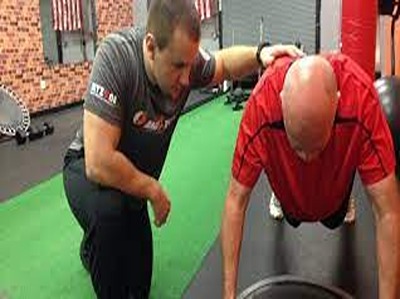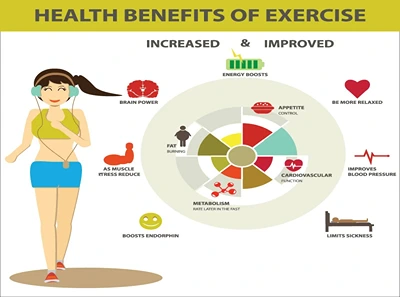Being fit encompasses a state of physical and, to some extent, mental well-being where an individual’s body can perform daily activities with ease and has the resilience to handle physical challenges. Fitness is a multi-dimensional concept, and it goes beyond just having a slim or muscular physique. It involves several components:
- Cardiovascular Fitness: This pertains to the health of your heart and lungs. It involves your body’s ability to efficiently transport oxygen to your muscles during physical activities. Activities like running, swimming, and cycling help improve cardiovascular fitness.
- Muscular Strength: This is the capacity of your muscles to exert force. Resistance training or weight lifting is key to building muscular strength. It helps with functional tasks and reduces the risk of injuries.
- Muscular Endurance: This is about the ability of your muscles to perform repetitive tasks over an extended period without getting fatigued. High-repetition, low-weight exercises are ideal for improving muscular endurance.
- Flexibility: Being flexible allows you to move your joints through a full range of motion. Yoga and stretching exercises are great for improving flexibility, which can prevent injuries and enhance overall mobility.
- Body Composition: This refers to the proportion of fat and lean mass in your body. Achieving a healthy body composition involves maintaining a balanced ratio between body fat and muscle mass.
- Balance and Coordination: These skills are crucial for stability and preventing falls or injuries. Activities like yoga, Pilates, and balance exercises can enhance these aspects of fitness.
- Mental Well-being: While often overlooked, mental health is an integral part of fitness. Regular exercise can reduce stress, anxiety, and depression, and improve cognitive function. It also promotes a sense of well-being and self-confidence.
- Diet and Nutrition: A balanced diet that provides the necessary nutrients and energy for your body is a fundamental component of fitness. Proper nutrition supports overall health and performance.
- Rest and Recovery: Adequate rest and recovery are essential for maintaining and improving fitness. Overtraining can lead to injury and burnout, so it’s crucial to give your body time to recover between workouts.
- Lifestyle Factors: Factors such as adequate sleep, hydration, and stress management play a significant role in overall fitness.
Being fit doesn’t necessarily mean being an athlete or having a specific body type. It’s about striving for a healthy and balanced life that supports your physical, mental, and emotional well-being. Fitness goals can vary from person to person, and it’s essential to set realistic goals and work towards them in a sustainable and safe manner. Regular physical activity, a healthy diet, and a positive mindset are all key components of achieving and maintaining fitness.




